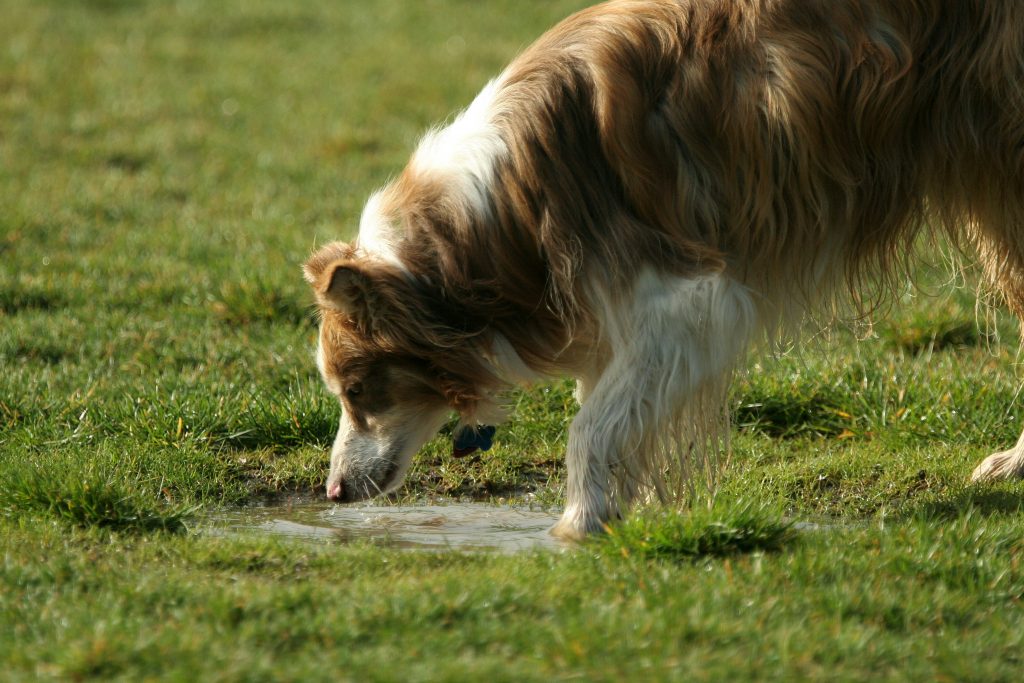Face Value: Finding Credible Pet Health Information
 Understanding the various aspects of pet health and wellness is an important part of pet ownership, but finding answers to our questions isn’t always easy. There are so many sources of information available to us today, along with many conflicting viewpoints, that figuring out where to find credible pet health information can be a challenge.
Understanding the various aspects of pet health and wellness is an important part of pet ownership, but finding answers to our questions isn’t always easy. There are so many sources of information available to us today, along with many conflicting viewpoints, that figuring out where to find credible pet health information can be a challenge.
The Perils of Dr. Google
With the digital age firmly in place, it’s natural to turn to the internet when we have a question or suspect a problem. Unfortunately, it can be difficult to discern whether or not the information we find is accurate. Some of the common problems that can result from consulting “Dr. Google” instead of your trusted family veterinarian include:
- Waiting too long – By relying on medical advice found online, you may be inadvertently delaying the professional medical help that your pet needs. Waiting too long can wind up leading to a more serious and more expensive situation, and may cause your pet to suffer from pain or discomfort in the meantime.
- Interference with appropriate treatment – Home remedies and other ideas found online may actually interfere with our attempts to treat your pet appropriately. Some remedies may also be highly toxic, such as herbs or human products. NEVER give a human medication or preparation to your pet.
- Erroneous information – Some of the information on the internet is just plain wrong. Without knowing it, you may be reading someone’s opinion, an attempt to sell you a product, or outdated or inaccurate information that could be harmful to your pet.
- Wild claims – If a website is promoting a homemade solution to a serious condition, or is claiming that your pet does not need a prescription for parasite preventives or any other condition for which your veterinarian has prescribed a medication, it is not a credible source.
Where to Find Credible Pet Health Information
There are times when it makes sense to take a look online for answers, and it’s important to find a vetted source of information. Trusted veterinary care organizations, universities, and some content submitted by actual veterinarians can be valuable educational resources for pet owners.
We recommend the following reputable, vetted pet health websites:
- American Animal Hospital Association (AAHA)
- American Veterinary Medical Association (AVMA)
- American Red Cross (pet first aid)
- Lone Tree Veterinary Medical Center website and blog
- Veterinary Partner
When It Can’t Wait
In a true pet emergency, time is of the essence. Bypass the internet and seek medical care for your pet immediately if he or she is exhibiting one of the following:
- Difficulty breathing
- Inability to stand/collapse
- Difficulty walking/limping
- Vomiting or diarrhea for more than 12 hours
- Not eating, drinking, or defecating
- Distended abdomen
- Car accident, animal bite, or other obvious injury
- Bleeding that doesn’t stop after 5 minutes
- Seizure
- Excessive panting/drooling
- Fall from a height
- Tremor
- Pale gums
As always, the staff at Lone Tree Veterinary Medical Center is available to answer your questions or concerns. There is no replacement for having your pet checked out by one of our veterinarians if you think something may be wrong. Please don’t hesitate to reach out to us at any time.



